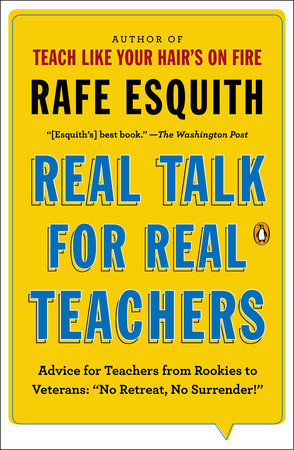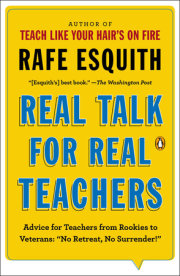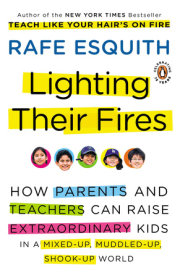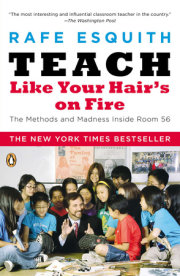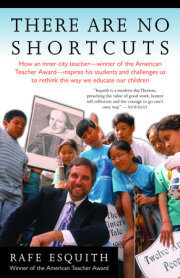Prologue: The Sistine Chapel and My Wife’s Kitchen I love my wife. A couple of summers ago, Barbara and I were given an amazing gift. A concerned friend thought we were working too hard and used his travel connections to send us on a practically free trip to Italy. We had always wanted to go. Among the many highlights, perhaps the best of all, was an unforgettable evening when we were given a private viewing of the Sistine Chapel.
Any person who has ever seen it will tell you (forgive me) that it is a religious experience. It is impossible to convey its astonishing, overwhelming effect. No picture or film even comes close to seeing it in person. One can actually sit back in a special chair with a headrest and practically reach heaven absorbing the soaring images above on the ceiling.
But what was more interesting to me was the painting on the front wall of the sanctuary.
As our guide taught us, Michelangelo painted this section of the chapel twenty-three years after the ceiling was completed. And it’s different. It’s bleaker than the joyous images overhead. Michelangelo had become gloomier since his younger days, and his paintings reflect this growing cynicism. Age and experience can do that to a person. I am definitely more pessimistic than I was thirty years ago when I began teaching. It was nice thinking I had something in common with Michelangelo.
I realized we shared something else. Even though he was gloomier, he was still painting. He had grown, changed, and suffered, but he remained true to himself. He was still an artist. I am proud that I am still a classroom teacher.
Michelle Rhee, the former chancellor of schools in Washington, D.C., is often at the center of many emotional arguments regarding education. She once stated:
Nobody makes a thirty-year or ten-year commitment to a single profession. Name one profession where the assumption is that when you go in, right out of graduating college that the majority of people are going to stay in that profession. It’s not the reality anymore, maybe with the exception of medicine. But short of that people don’t go into jobs and stay there forever anymore.
This might be true but that does not mean it’s a good thing. I think it’s actually a sad reminder of something that is wrong with our society. Lack of commitment is seen in every facet of our daily lives, from personal relationships to the renegotiation of contracts.
I am still teaching after thirty years. I say this not to criticize the many terrific people who have left the classroom to become administrators or move on to entirely different professions, but there is something to be said about a teacher who stays on the front lines. With years of experience, and professional maturity, one can change lives and reach children who previously were beyond reach. In this fast-food society, veteran teachers are a reminder that no one is a fabulous teacher in the beginning. A person might be a wonderful second-year teacher, but no one is truly outstanding with only a year or two of classroom experience. It takes a lifetime to become a master instructor.
I am a fortunate teacher. I have been helped by colleagues, former students, celebrities, and the business world to create the magical classroom known around the world as Room 56. Every day is filled with happy moments as youngsters discover the best in themselves. On an almost daily basis I am visited by returning students who drop in to say thank you and share a laugh about a past adventure.
Even more rewarding, after an exciting day of teaching I get to go home to a woman I adore. We have been happily married for more than twenty years, have lovely children, and now grandchildren. I have done my best to give Barbara my love, good times, and a best friend.
But there is one thing she wants that I have never been able to deliver. My wife wants a new kitchen. We live in a beautiful home built in the 1930s. Barbara, the smart one in this marriage, bought the house when buying one was still possible. It is a beautiful place to live, but the kitchen is adequate at best. Barbara would love to remodel it with modern conveniences, but it hasn’t happened yet.
I am a public school teacher. I do not make a lot of money, and, in fact, am at the bottom of the salary scale for teachers in Los Angeles. A teacher can climb the pay-scale ladder by taking additional classes after school, in the evenings, on weekends, and even online, but I have chosen to spend those hours teaching. I am not complaining, and neither is my wife. But I know she would love a new kitchen.
Having put four kids through college and graduate school, we don’t have a lot of money left over for luxuries. We live a fairly simple life and rarely go out. Because we are careful, a little bit of money can be saved every year. By my calculation, if I can teach for about five hundred years we should have enough savings to get Barbara the new kitchen.
Copyright © 2013 by Esquith, Rafe. All rights reserved. No part of this excerpt may be reproduced or reprinted without permission in writing from the publisher.

